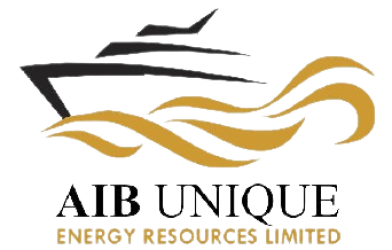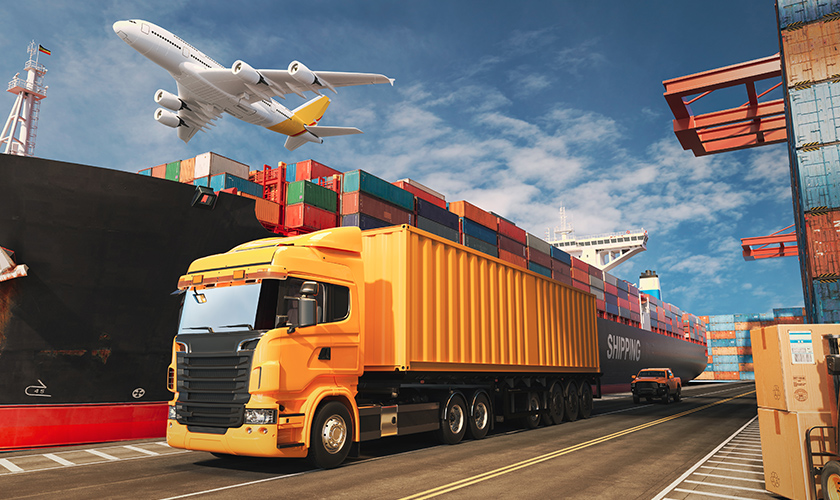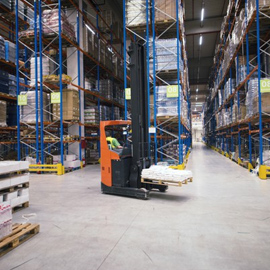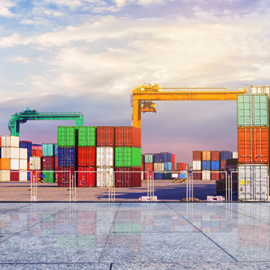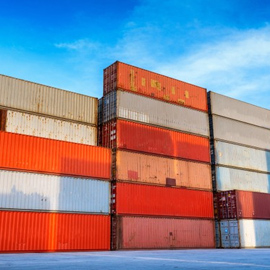Warehousing
These are inbound logistics, outbound logistics, and reverse logistics. The information about these three supply chain directions is essential to know, especially to people inclined in the logistics industry.
Logistics is the overseeing of both the inward and outward flow of goods from the manufacturing point to the end user or point of use. The movement of these goods is known as transportation. While some use these terms interchangeably, they are two very unique aspects of the supply chain. Here’s what you need to know about logistics vs. transportation.
- Client Spotlight
- Company News
- Customer Experience
- Cutting Cost
- Delivery
- Employee News
- Fulfillment News
- Integrated Shipping & Fulfillment
- Logistics Services
- Managing Shipper/3PL Relationships
- Product Distribution
- Product Sustainability
The movement of people, goods, and animals from one location to another by air, rail, road, sea, cable, space, or pipeline is known as transportation. Transportation services are divided into three aspects: infrastructure, vehicles, and operations. Transportation is very important because it allows communication and trade between two parties.
Although both transportation and logistics deal with getting valuables from one location to another, logistics has added benefits and functions. Logistics executives also have to make decisions dealing with packaging, containerization, documentation, insurance, storage, importing and exporting regulations, freight damage claims, working and collaborating, managing vendors and partners, and risk mitigation. Even though these terms have been used as a substation for each other, the key differentiators are that logistics deals with the integration of storage.
Ways to Improve Customer Satisfaction with Order Fulfillment
which of us ever undertakes laborious physical exercise
Although both transportation and logistics deal with getting valuables from one location to another, logistics has added benefits and functions. Logistics executives also have to make decisions dealing with packaging, containerization, documentation, insurance, storage, importing and exporting regulations, freight damage claims, working and collaborating, managing vendors and partners, and risk mitigation. Even though these terms have been used as a substation for each other, the key differentiators are that logistics deals with the integration of storage.
